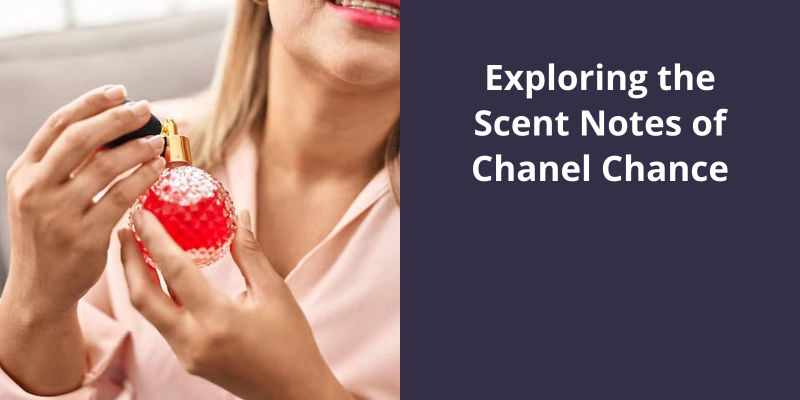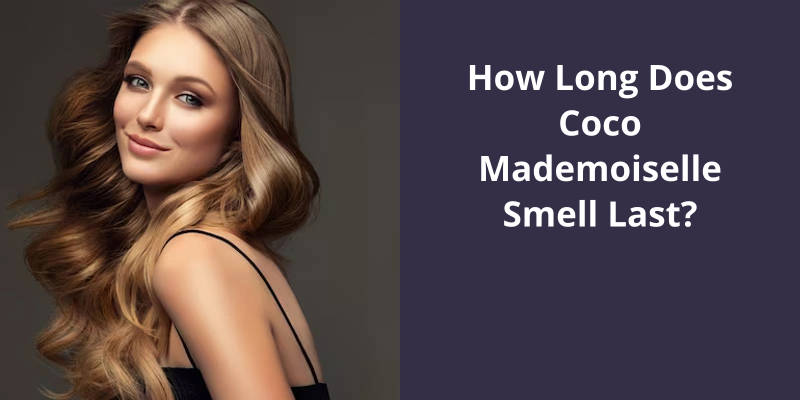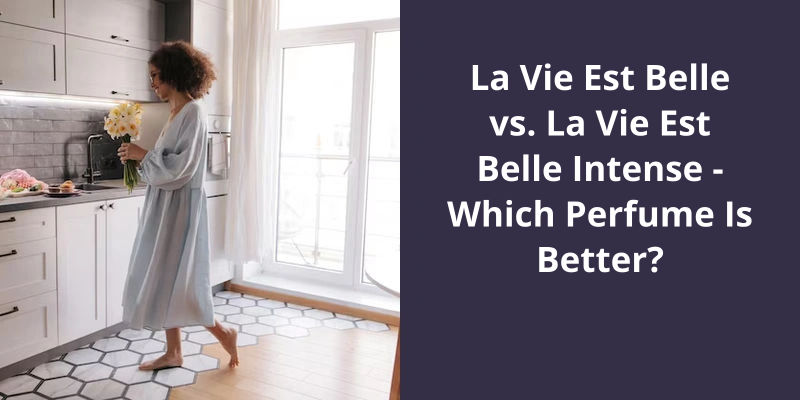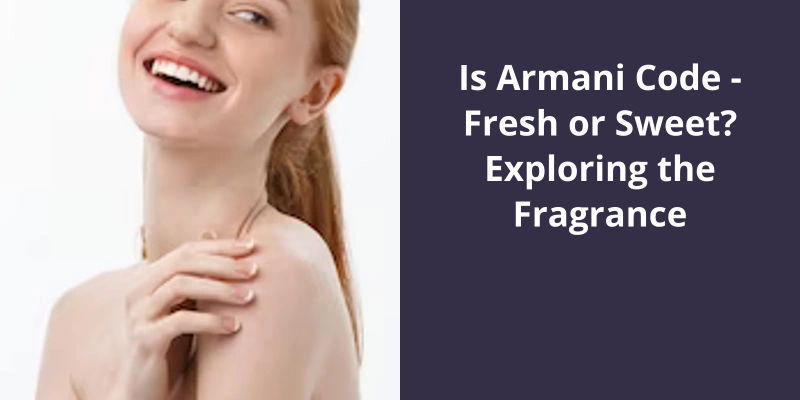Choosing between Le Labo Perfume Oil and Spray depends on your personal preferences and how you want your fragrance to wear. Le Labo Perfume Oil is highly concentrated, which means it has a longer-lasting scent; it’s great if you want a scent that sticks close to the skin and lasts all day. It can be directly applied to the skin, indeed, it’s more moisturizing which makes it suitable for people with dry skin. On the other hand, Le Labo Perfume Spray is a bit lighter and it’s easier to apply, especially if you want to layer the fragrance or wear it on your clothes. It’s also a better choice for people who prefer a less concentrated scent. So if you want a long-lasting and highly concentrated fragrance, go for the perfume oil, but if you prefer a lighter and more versatile scent, the spray is a better fit for you.
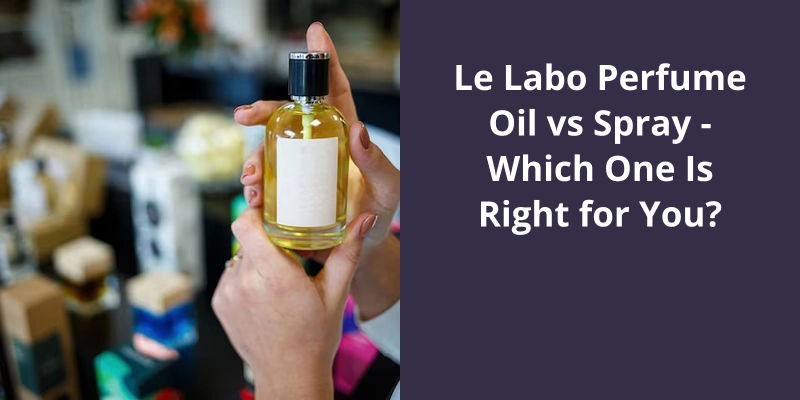
What Is the Difference Between Perfume Oil and Perfume Spray?
Perfume is one of the most important aspects of our daily routine as it’s known for enhancing a persons overall persona. Unfortunately, choosing the right type of perfume can be challenging as there are many types to choose from. Two of the most popular types are perfume oil and perfume spray. Although they may seem similar at first glance, there are some key differences between the two.
They’re available in bottles with spray nozzles, making it easy to apply and carry. The formula of perfume spray contains volatile chemicals that allow for the fragrance to travel much farther than the perfume oil. Spray fragrances fill a room while oil-based scents wear closer. This makes them ideal for large gatherings and events where they can make an impact and leave a memorable impression.
Due to the fact that perfume oil is a pure form of fragrance, you only need to apply a small amount to last all day. Additionally, because of the concentration; oil-based fragrances tend to have a richer and stronger scent profile compared to perfume sprays, which can have a lighter or diluted aroma.
One of the key benefits of perfume spray is it’s versatility in application. Unlike perfume oil that’s restricted to the skin application, perfume spray is sprayed directly onto clothes to prolong their wear and is usable as a room freshener. Additionally, perfume spray can be applied on a larger surface area, allowing the user to experience the fragrance in it’s full glory.
Ultimately, when choosing between perfume oil and perfume spray, it’s crucial to consider your preferences and the occasion before making a final decision.
There are many factors at play when it comes to the longevity of perfumes, and one of the most significant ones is the type of formula used. Perfume oils, for instance, have been known to last longer than sprays due to their higher concentration and lack of alcohol or artificial fragrances. However, there are other considerations to take into account, such as storage conditions and individual body chemistry, that may impact a fragrance’s staying power. Let’s explore these factors in more detail.
Do Oils Last Longer Than Sprays?
This is particularly useful for people who adore perfumes but have skin sensitivities or allergies. Moreover, any scent can be turned into a perfume oil, which means that you can personalize your scent to fit your needs.
However, this doesn’t necessarily mean that perfume sprays don’t last as long as oils. This is particularly true for niche perfumes that are made using select ingredients and are crafted to last long.
Another significant factor in how long a perfume lasts is the concentration level of the fragrance. Typically, perfume oils have a higher concentration level compared to sprays, but sprays can also have high concentrations. Eau de Parfum (EDP) sprays are usually more concentrated than Eau de Toilette (EDT) sprays, which mean that they can last longer.
The longevity of a perfume also depends on environmental factors such as humidity, temperature, and even clothing choices. Similarly, wearing clothing that’s perfumed can extend the longevity of a scent. The scent molecules from the spray or oil might cling to fabrics, and this effect can also contribute to the fragrance lasting longer.
Types of Perfume Oils and Their Benefits
Perfume oils can be categorized into various types such as floral, citrusy, woody, and musky. Each type has it’s own unique benefits and can evoke different emotions in the wearer. Floral oils are known to have a calming effect, while citrusy oils can provide a refreshing and uplifting feeling. Woody oils are often associated with confidence and strength, while musky oils can create a sense of sensuality. Choosing the right type of perfume oil can enhance your mood and leave a lasting impression.
Source: Perfume Oil Vs. Spray: Which Is Best For You?
When it comes to fragrance, concentration is an important factor. Perfume oils are known to have a higher concentration level compared to eau de parfums. But does that mean they’re stronger? Let’s explore the differences and similarities between the two types of fragrances to determine which one is right for you.
Is Perfume Oil Stronger Than Eau De Parfum?
This higher concentration level of fragrance oils in perfume oils makes them last longer on the skin than eau de parfums.
Furthermore, the use of perfume oils allows for a more intense and personalized fragrance experience. They can also be mixed with a carrier oil to create a custom fragrance that’s tailored to an individuals skin chemistry.
It’s recommended to use a small amount of perfume oil and apply it strategically to pulse points on the body for a scent that’s noticeable but not overwhelming.
On the other hand, eau de parfums offer a more subtle and versatile fragrance experience. They’re lighter in concentration than perfume oils, making them suitable for daily wear and a wider range of occasions. EDPs also typically have a wider range of notes and can be formulated to create specific moods or evoke particular emotions.
The Benefits and Drawbacks of Using Natural Versus Synthetic Fragrance Oils
- Natural fragrance oils are derived from plants, fruits, and other natural sources.
- They’re considered to be more environmentally friendly and sustainable than synthetic fragrance oils.
- They’re often preferred by consumers who value natural and organic products.
- However, natural fragrance oils tend to be more expensive than synthetic fragrance oils.
- They can also be less stable and have a shorter shelf life.
- Synthetic fragrance oils are created in a laboratory and replicate the scent of natural oils.
- They’re less expensive than natural fragrance oils and have a longer shelf life.
- They can be more consistent in their scent and are often used in mass-produced products.
- However, they aren’t as environmentally friendly as natural fragrance oils and may contain harmful chemicals.
Conclusion
On the other hand, perfume sprays are more convenient and practical for daily use and social settings. Ultimately, both options offer the signature Le Labo scent experience in their distinct forms, catering to the unique preferences of each user. Ultimately, the decision is up to the individual to weigh the benefits and drawbacks of each option and determine which suits their lifestyle and needs best. Regardless of the choice made, the exquisite quality and attention to detail inherent to the Le Labo brand remains consistent, delivering a luxurious olfactory journey for all.


